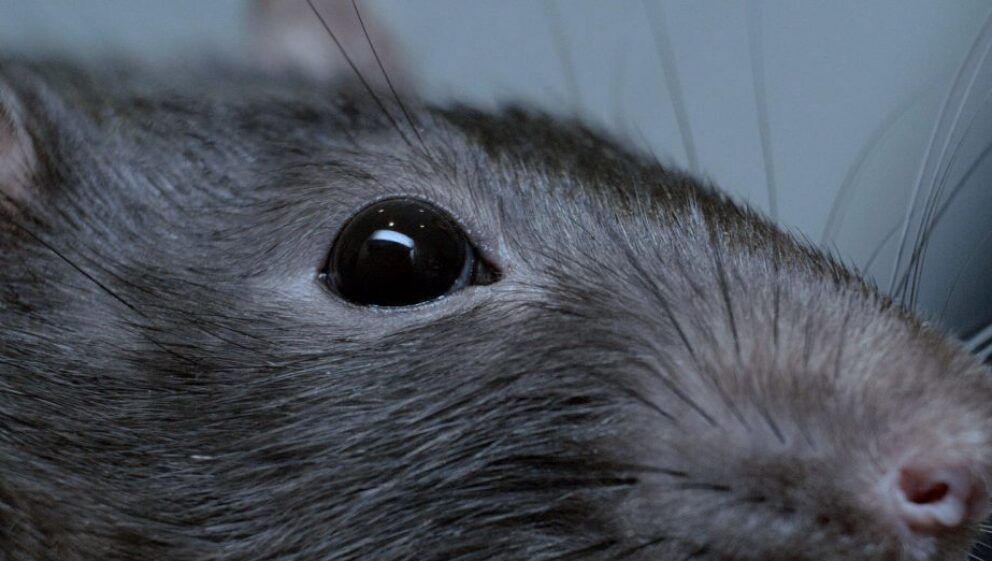Animals continue to suffer and die in warfare experiments, such as in this one involving ricin.
Rats were operated on to attach a ‘button’ to the artery in their neck, via a catheter tunnelled under the skin to the back of their neck, to allow blood sampling. About a week later, the animals were warmed up, restrained and had ricin injected into their tail veins. Blood was removed at different times and the animals were observed for signs of ricin poisoning – a ruffled coat, hunched posture, reduced mobility and how drawn-in their abdomens were. Animals who showed ‘severe signs’ in these four categories, were killed.
Injecting ricin into a vein is not how humans would become exposed to the deadly toxin in a terror attack. It has been stated ‘The use of ricin to cause mass casualties would require either its aerosolization by means of a dispersal device, or its addition to food and beverages as a contaminant’. Those conducting the experiment explain: ‘We are aware that there are some limitations to this study. I.V [into a vein] is not the most likely route of ricin exposure in the human population’.
Not only did the rats suffer the effects of the deadly toxin, they were also distressed by being handled. The authors state ‘weight loss at this point is likely to be due to stresses of handling for exposure and blood sampling’. Rats in two of the studies ‘continued to lose weight until the humane end point or the end of the study’. In addition to weight loss, the paper explains how a ‘maximum of 15% total blood volume was taken from each rat’, over a period up to 48 hours. According to one source, 15% is the maximum amount of blood which should be taken from a rat in 28 days.
As well as the experiments being cruel, the paper describing them contains an obvious mistake, it states: ‘A total of 24 rats’ were studied, ‘six rats…and sixteen’. Such a basic error is worrying. The authors do, however, appreciate one of the weaknesses of using animals in this way: ‘The relevance of all animal model data and human diseases is regularly discussed and can never be completely transferable.’
Rats are intelligent, inquisitive animals. They have shown empathy by working to release a fellow rat who researchers had trapped in a tube. Some rats are also known to enjoy being tickled by humans. To expose such intelligent, inquisitive and gentle animals to a potentially fatal toxin, is chilling and scientifically unreliable.
Please write to your MP and urge them to support EDM 291 which calls for an end to warfare experiments on animals


